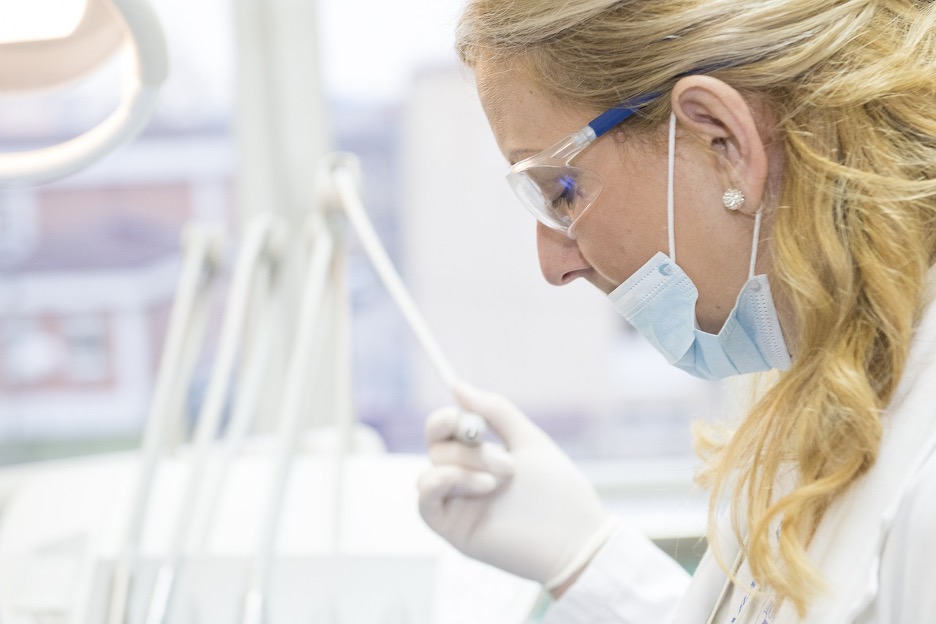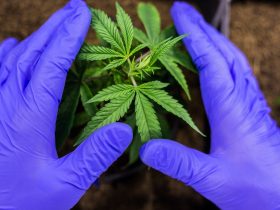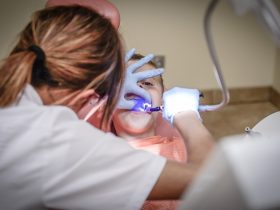Introduction
Caffeine is an organic compound found mainly in black coffee and tea plants. It activates the central nervous system due to its classification as a psychoactive substance. A psychoactive substance is any chemical substance that changes in perception, mood, consciousness, and behavior or alters brain function.
Most of the time, caffeine is found in tea leaves but some also found in decaffeinated coffee beans. The only exception is decaf coffee beans which contain no caffeine. But consumers should be careful not to drink excessively or exceed the recommended dose of two cups per day. This could have serious health consequences, especially if done repeatedly. Teenagers especially need to be careful when choosing the right balance between their caffeine intake and the desired results.
Advantages & Disadvantages of Caffeine
- The main reason why many people like caffeine are because it can give people a mild energy boost. People who want to work out or lose weight can rely on caffeine to achieve these results.
However, excessive consumption of this compound can cause various undesirable effects and make a person susceptible to different diseases. One of the diseases that can be caused by too much consumption of caffeine is type 2 diabetes.
- According to some medical studies, caffeine has a tendency to increase blood pressure levels. Thus, it can be a stimulant for those who are already having high blood pressure.
Excessive consumption of this compound can also increase the risk of developing heart disease and stroke. For those who want to avoid these side effects, they can opt for low-grade, non-stimulating effect caffeine soft drinks and energy drinks.
Although there are soft drinks that contain higher amounts of caffeine, these types are not found in energy drinks.
Caffeine and Coffee
Just as green tea and other types of natural teas have a calming effect, caffeinated beverages have the same effect. However, coffee has a stronger stimulant effect. This is the reason why coffee drinkers are advised to avoid caffeinated drinks during their morning breaks. If a person wants to have a cup of coffee with his morning tea, he should reduce the amount of coffee he drinks.
However, there are coffee substitutes available that can replace the coffee. These substitutes are generally lower in caffeine content and still have the stimulating effect of caffeine.
How To Stay Away From Caffeine
If you want to enjoy your caffeinated beverages and minimize their effects, you should limit their consumption. This can be achieved by using energy drinks instead of caffeinated beverages. Teens and young adults can also benefit a lot from staying away from caffeinated beverages.
Maintaining a healthy diet with a proper intake of vegetables, fruits, whole grains, and low-fat milk products can also help teens and young adults avoid caffeine and stay awake.
Caffeine And Acid Reflux
Young adults and teens who have acid reflux disease are advised to stay away from caffeinated beverages and instead sip on low-fat milk or decaffeinated coffee. The reason for this recommendation is that caffeinated drinks increase acid production in the body. For instance, drinking a tall glass of soda with a meal can increase acid production in the stomach. This increases the feeling of being full rather than satiating.
What Is Caffeine And What Happens If You Have Type 2 Diabetes?
In adults, caffeine ingestion leads to both hyperuricemia and hypouricemia. Hyperuricemia occurs due to the excessive consumption of caffeine and it causes the blood vessels to harden, which can cause harm to the kidneys, liver, or bladder.
On the other hand, hyperuricemia is caused by the lack of adequate caffeine intake and can lead to serious complications such as kidney stones, gallstones, angina, coronary heart disease, and other cardiovascular diseases. Caffeine overdose can even lead to type 2 diabetes.







